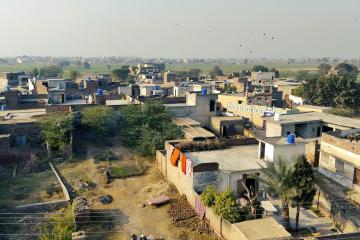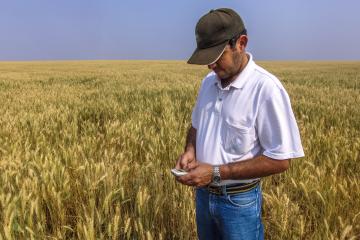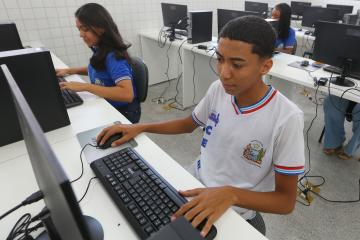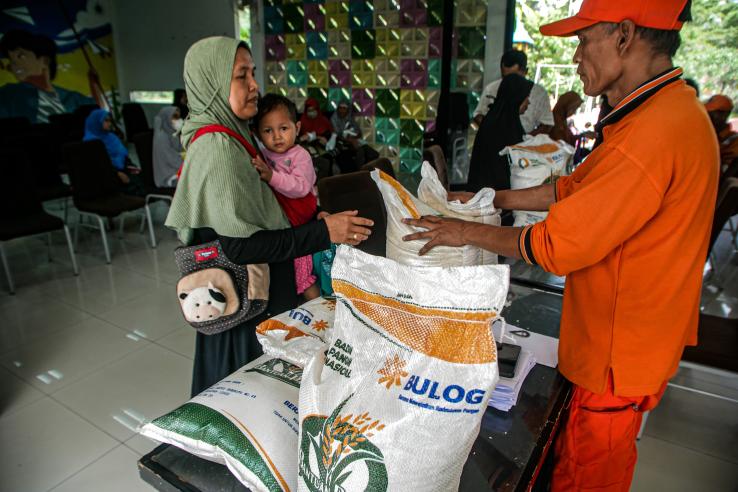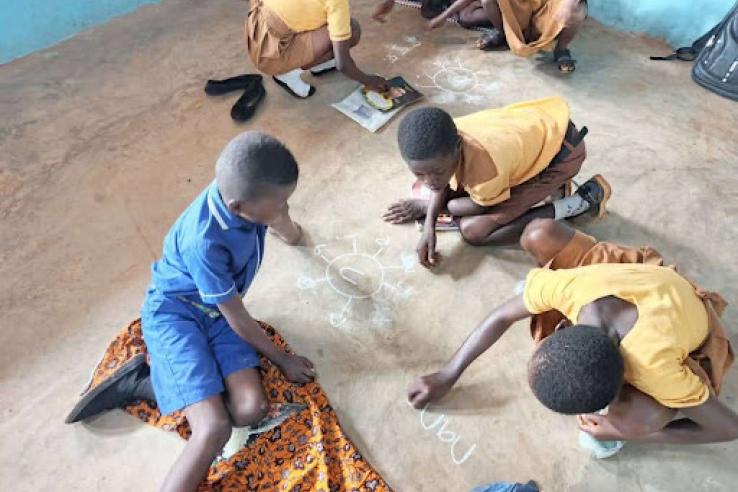Displaying 3211 - 3225 of 8489
Person
The Evidence Effect
Governments can adopt high- and low-tech approaches to raise resources through improved taxation.
The Evidence Effect
Phone-based monitoring is a cheap, accessible way to ensure government service providers are doing their jobs well.
The Evidence Effect
An AI-powered editing tool gave students personalized feedback and helped teachers spend more of their time one-on-one with students.
The Evidence Effect
Customizing information and offering mediation helped Mexico’s labor courts deliver faster, fairer resolutions for workers and led to a major national reform.
The Evidence Effect
How India used cap-and-trade to reduce pollution and improve health.
Update
J-PAL Updates
In the June edition of the newsletter, we spotlight the launch of The Evidence Effect, a new campaign showcasing how research drives impact across sectors. This edition also celebrates five years of J-PAL MENA, highlights new evidence from Uganda on how fostering curiosity and discovery in...
The Evidence Effect
Stronger connections between farmers and buyers enable farmers to invest and earn more.
The Evidence Effect
Helping small and mid-sized businesses make connections with new buyers, and with each other, leads to growth, higher productivity, and better jobs.
Blog
Governments and local communities are leading the charge on delivering services at scale. When focused on the right things, donor capital—both bilateral and philanthropic—doesn’t have to and generally shouldn’t replace government funding. It should play a catalytic role to spark innovation, spread...
Blog
This is the second blog post in a series highlighting how UNICEF and J-PAL are working together to strengthen evidence use in education. The first blog post reflected on insights from global experts working to adapt and scale evidence-based education programs. This post builds on the first by...
Blog
Research Manager Laura Ruiz and consultant Kimberly Massa share exciting updates on our ongoing work in Puerto Rico, the latest in-person training, and upcoming capacity-building opportunities for future collaborators.
Evaluation
More than two billion people around the world lack access to clean drinking water, and current approaches to increasing access have fallen short. Researchers conducted a randomized evaluation to test the impact of delivering clean water directly to households on the valuation of clean water, and other water-related benefits in India.
Update
J-PAL Updates
J-PAL North America's June newsletter features reflections on our work in Puerto Rico, new research results on the impact of tutor-student gender match, and a recent symposium that the Health Care Delivery Initiative participated in.
Blog
Ensuring children have strong basic skills in reading, writing, and mathematics – together known as foundational literacy and numeracy – is considered critical for their future academic success and later life outcomes. While research has generated insights on what works for improving literacy and...
